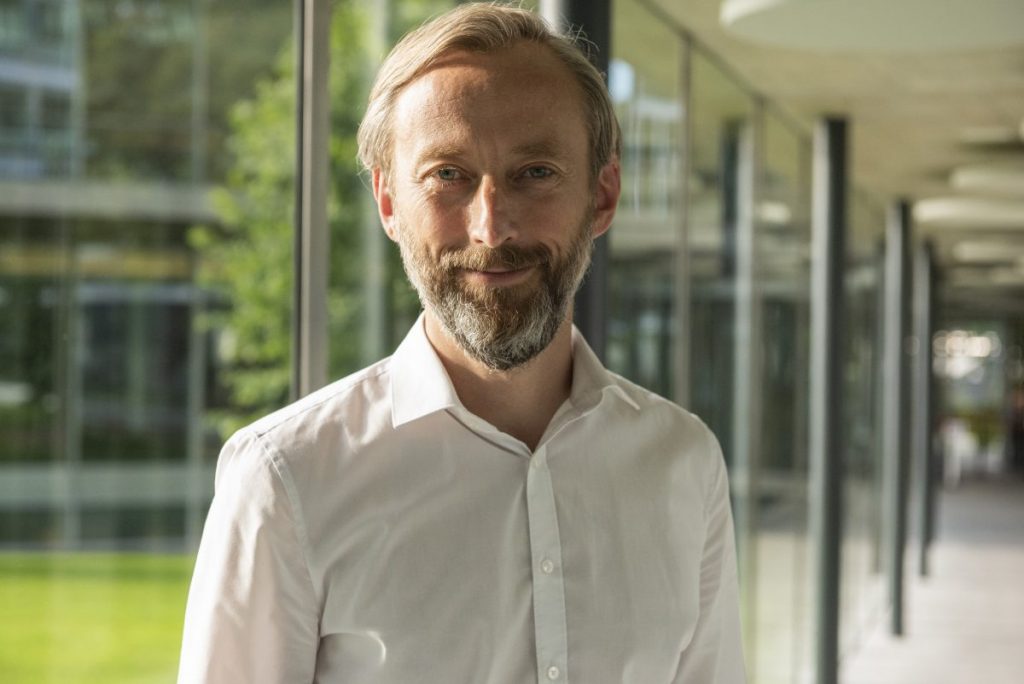How the most comprehensive program of children education moved into the online realm
By organising the regional online conference „Alliance for a healthier future“ we marked the 10th anniversary of the company’s global initiative Nestlé for Healthier Kids in the countries of the region. The main goal of the initiative is to educate children in elementary schools about the importance of healthy nutrition and regular physical activity that is conducted in Serbia through Zdravo Rastimo project, Bosnia and Herzegovina through Zdravo! and in Croatia through Vrtim Zdravi Film.

The most important thing is that we are achieving results that exceeded all expectations in the region – from 2,000 children, we managed to reach 200,000 pupils in 1,776 elementary schools, as well as 35,000 parents. So far we have invested EUR 1.4 million and we are planning an increase of 25% for the next season.
The 10th anniversary brought about numerous novelties in line with trends and the circumstances we faced this year. The World has moved into the online realm and with it, so did Nestlé for Healthier Kids through remote classes, interactive workshops, and lectures, as well as quizzes that children participated in over cameras and through e-mails, giving the whole program a completely new dimension.
Along with children, and through online channels of communication, we are turning towards parents more and more and we have noticed that they often lack the inspiration to prepare healthy and tasty food that the children will gladly accept. There are numerous causes, paradoxically, one of the biggest ones is the overwhelming amount of available information – from product contents to a huge number of advice from different sources on how to maintain a proper diet. This is much simpler when it comes to younger generations – millennials and gen Z – who can often quickly find information on the web and use mobile applications to make healthier decisions. Parents, on the other hand, still find it difficult to incorporate such decisions into everyday practice. Simply put, parents are role models – the children tend to do what parents do, not what they are told. With that in mind, we have an inclination to adapt Nestlé for Healthier Kids to digital ways of communication and present parents with different recipes and advice on how to lead a healthier lifestyle through digital platforms. Until 2019 we managed to reach 355 million parents, and a huge role in this achievement is played by social networks where our initiative garnered 1.5 billion impressions, globally.
It is encouraging that there is acceptance of the importance of a healthy diet and regular physical activity in the countries of the region. During this year, health was one of the key questions on people’s minds and we have noticed that popularity is growing for „bio“ and vegetarian foods, as well as a flexitarian way of life. It needs to be said that food for children is an extremely complex topic in which many factors play a role: socio-economic status, education, the environment in which children live, existing food systems, access to healthy groceries, recreational fields and playgrounds, eating habits, parental style, etc. A multidimensional problem such as this one requires an approach in which the food industry must play its role. Because of that, Nestlé, as a global leader in food production, is working on innovations in its products. In 2019 alone we spearheaded around 1,400 nutritional innovations around the world. For example, in Europe, we presented a new palette of Nesquik in paper packaging that can be recycled and is made out of natural ingredients containing 17% less sugar. We introduced products of organic origin in children’s food in cooperation with brands such as Gerber, NaturNes, or Cerelac by launching organic toddler snacks named “Nutripuffs”, made from wheat and fruit, without added sugar. We are also active in the segment of plant-based products in which we produce vegetarian nuggets for children called “Garden Gourmet” and recently we launched a line of products as a plant-based alternative to milk. Information about our products can be found on the front of the packaging, while systems such as Nutri-Score can deliver vital information as well, making it easier to decide while shopping.
You cannot put a price on health, but we need to constantly work on it. Through our global initiative Nestlé for Healthier Kids we wish to accomplish the most important goal for the future – healthier young generations.
Nestlé is a world leader in the food industry, employing more than 308,000 people and has factories or subsidiaries in almost all the countries of the World. Nestlé sales in 2019 reached CHF 92.6 billion. Nestlé Adriatic is present in the region since 2003, employs more than 720 people, and operates a factory in Surčin.